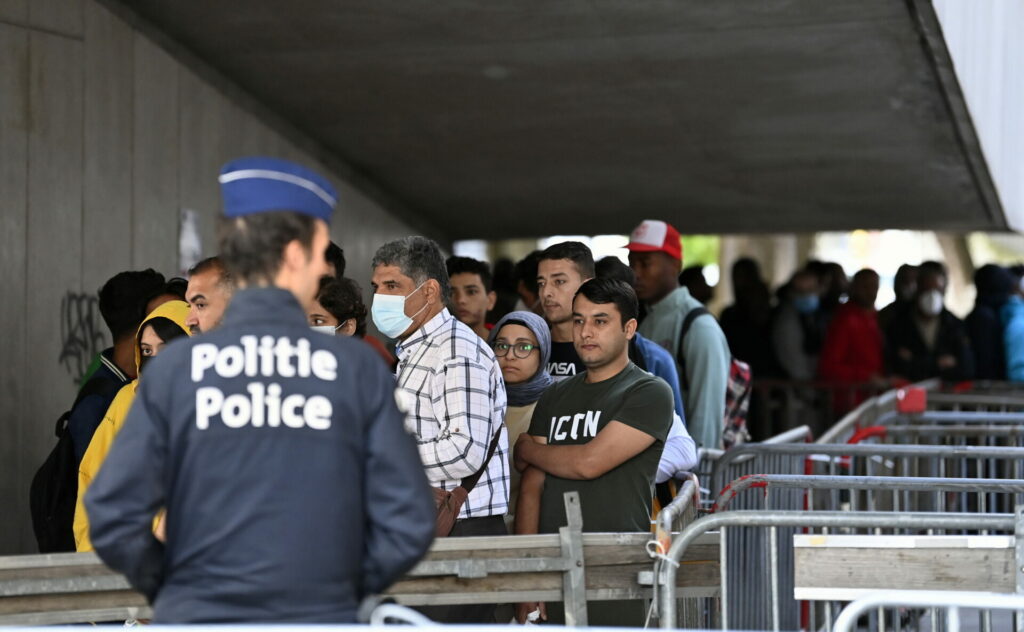2024 was marked by uncertainty and upheaval, with tensions rising around Europe and new challenges emerging within the Union. At the heart of this, Belgium has been rocked by elections that left the country without a government to act on policy decisions.
2025 will be a pivotal year for Europe as it seeks stability and security in a changing global order. The Brussels Times has asked field experts what developments they foresee and how life in Belgium will be affected.
Pascal Debruyne is a migration expert at Odisee University. He regularly speaks on the topic of asylum, migration, and social work in Belgium and Europe.
What are the prospects for 2025 when it comes to migration?
I think the focus in Europe will be implementing the European migration pact, both on Europe's external borders and within Member States.
The main question is whether reducing protections within asylum procedures – and especially fast-tracking border procedures in detention centres – will lead to sustainable solutions. You can reduce the protections but that's not a sustainable solution. And you can sell the concept of "forced returns" politically, but making it happen is another question.
Do you think the situation will change for the better or for the worse?
I think things will get worse. The European migration pact isn't just about cutting protection, there are other issues of concern like the regulations around the instrumentalisation of refugees.
These are emergency situations where States can override legal frameworks because refugees are part of a geopolitical game. For an example of this look at what Belarus did to Poland (when Belarus directed an influx of migrants towards the border with Poland. ed.).
At the same time, we are seeing more deals made with so-called "safe third countries", which allow Member States to externalise the migration issue. People are pushed towards third countries and those countries (like Tunisia) are also engaged in the effort to stop the movement of people towards the EU.
What are the main developments to watch for in Belgium?
In Belgium, the main question will be how the new Arizona coalition acts on migration. But the initial signs that leaked out through parties and the press are worrying.
Already there have been heavy cuts to Belgium's asylum reception, denying thousands of people reception and earning the Vivaldi government the world record for legal convictions for violating asylum rights. It seems that the rule of law is nothing but a scrap of paper.
Plans have been leaked about raising the income requirements for family reunification and undermining subsidiary protected persons. This will have profound human and financial impacts in terms of integration. It puts people's lives on hold whilst also depriving them of social mobility.
What will be the human impact of this?
The impact for "migrants" will be great, but also for society more broadly. If you offer protection but only after a very long wait in often tragic circumstances (they often end up homeless on the streets or must wait years to be reunited with family), you put lives on hold. Society collectively pays the price for that.
What most needs improving in Belgium?
First and foremost, the asylum procedure must be respected, as stipulated by (inter)national law. What worries me most is the even higher thresholds for family reunification. The human impact of this cannot be underestimated, because families will be separated. It also means people won't invest in a future here as long as they don't have certainty about a future with their families.
And although Belgium needs more taxpayers to support the welfare state, national policies are influenced by party politics that pit "us" against "them".

